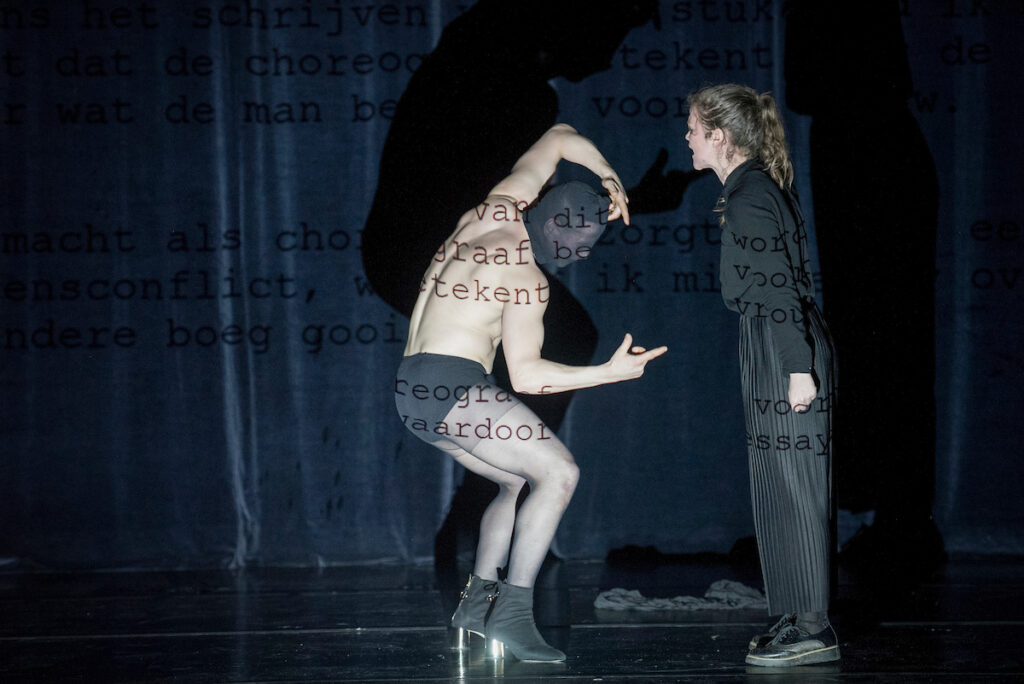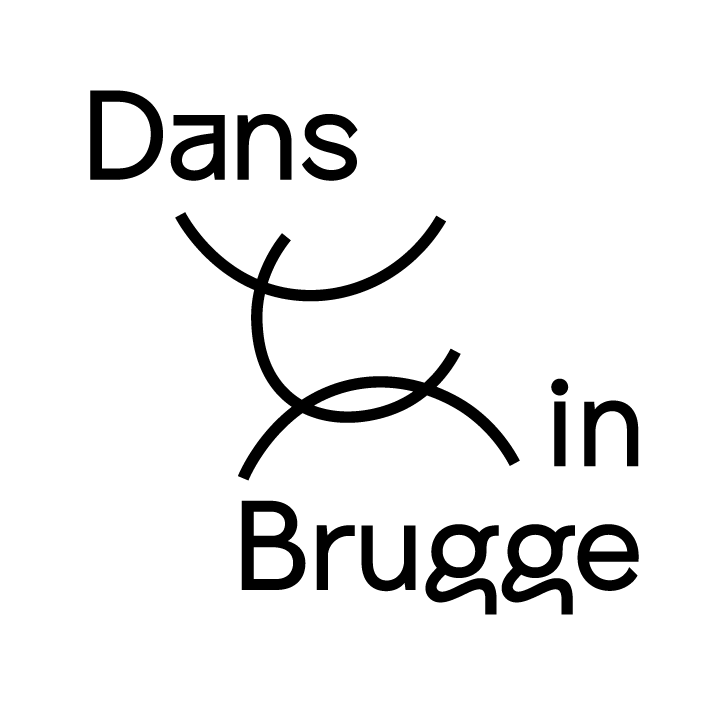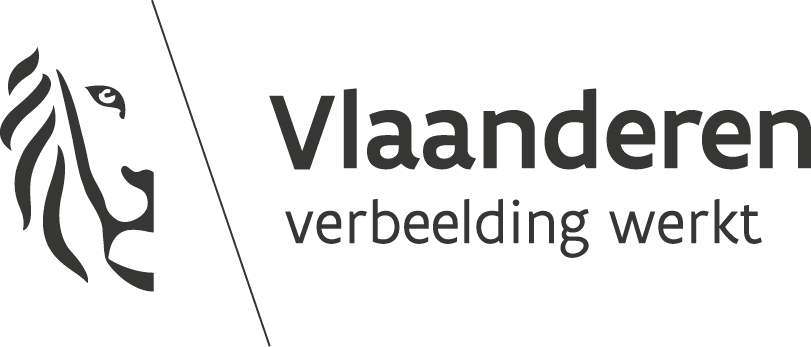Evelyne Van Hecke
‘I want you, even if I do not know it’, is how the psychoanalyst Jacques Lacan explained sexual objectification. The young dance maker Evelyne Van Hecke wanted to know if people really aren’t aware that they are sexually objectifying others, that perpetrator and victim do not realise its effects. What began as research into how objectivization between men and women works, and making that tangible and visible in a performance, resulted in a confrontation with herself as dance and theatre maker: she herself objectifies the people whom she uses in her work. How do a choreographer and a dancer deal with that game of power, and which images of the female influence both of them during the creative process? This is the start of an essay about sexual objectivization in the performing arts.

dansvitrine, danspunt




